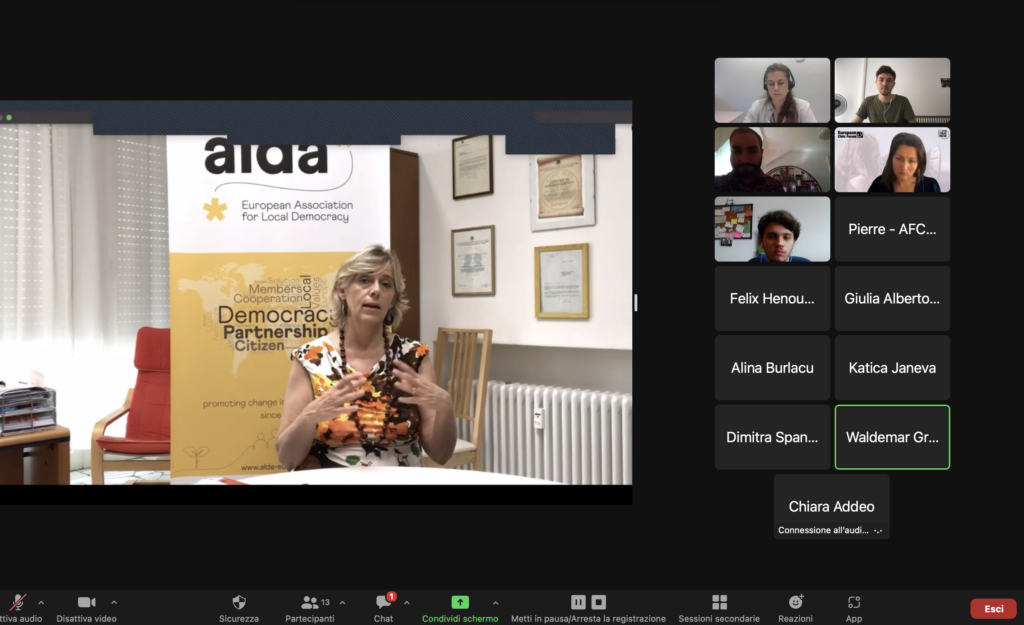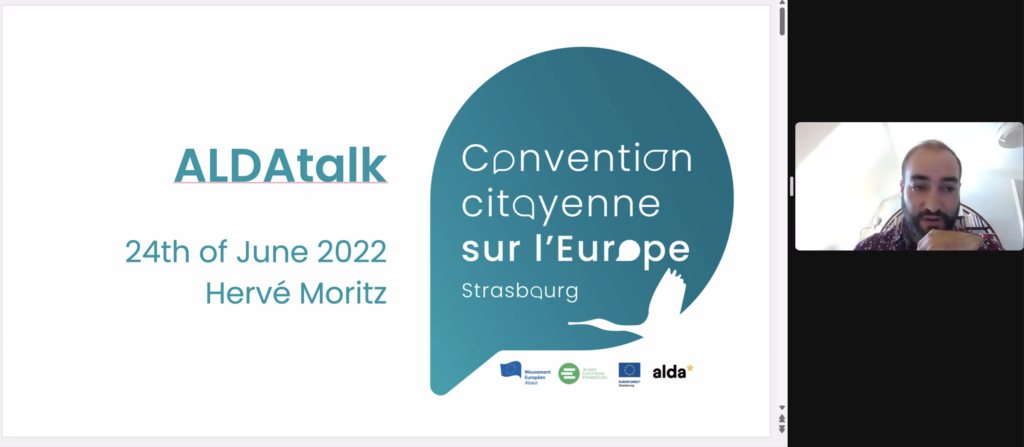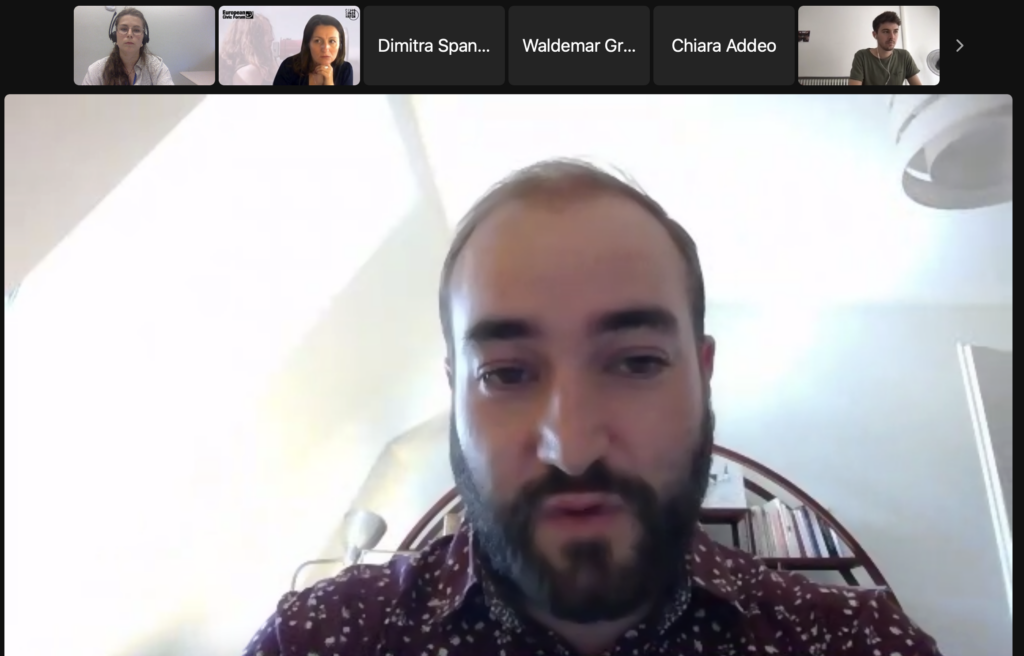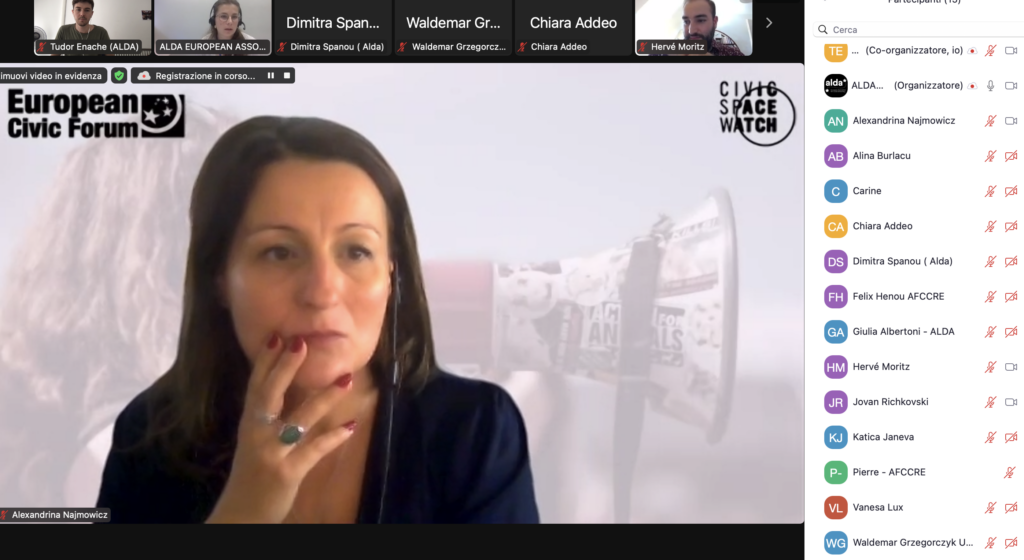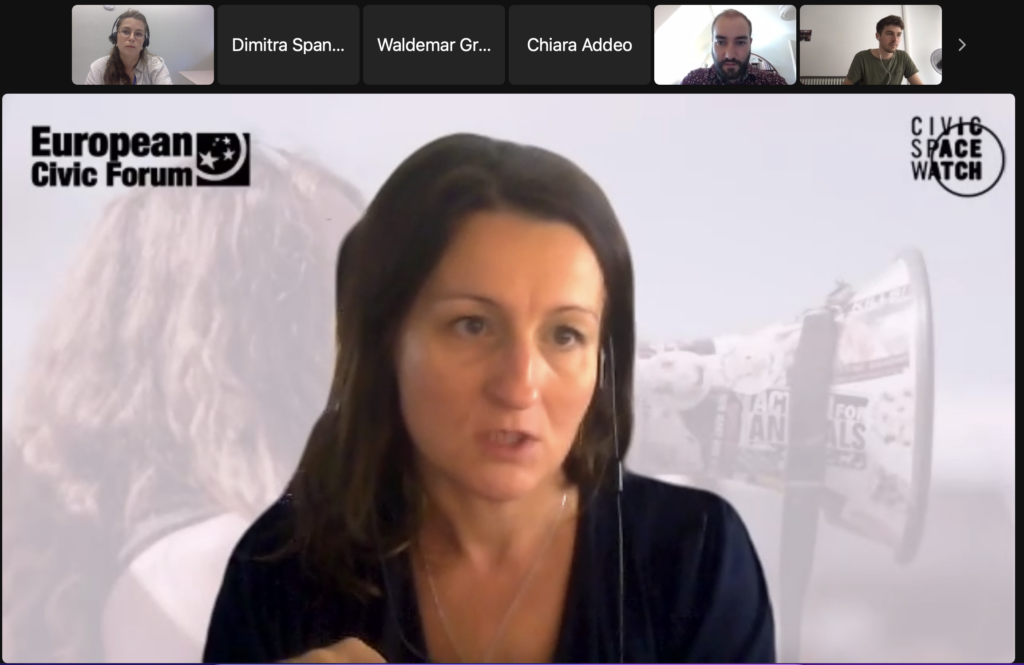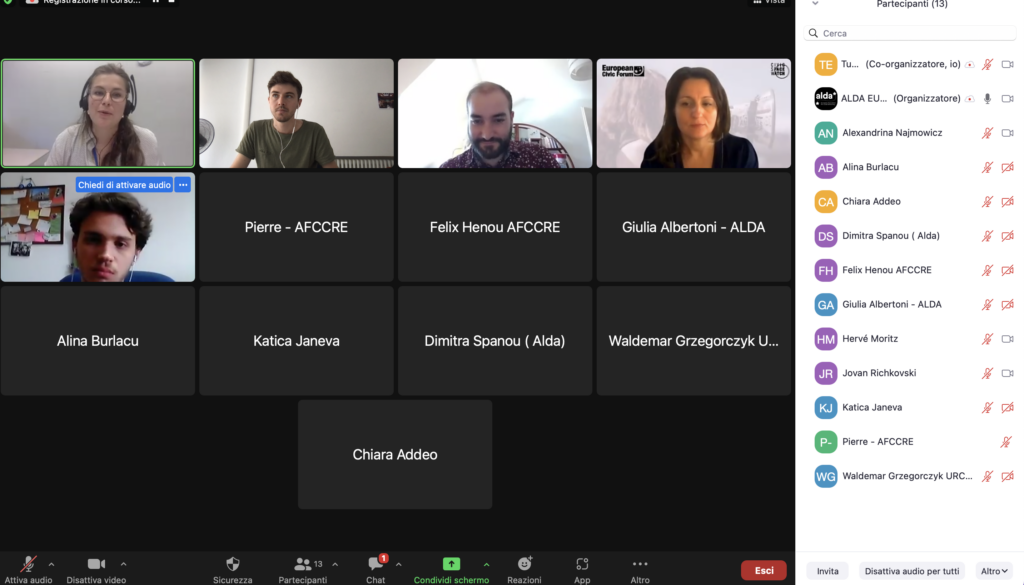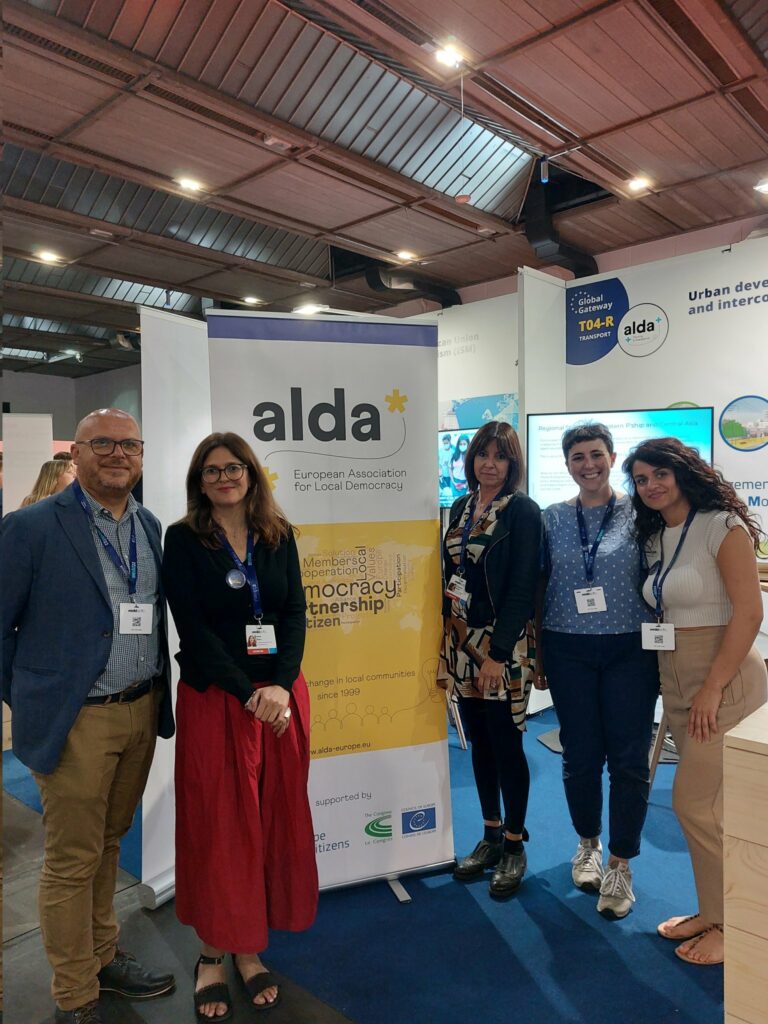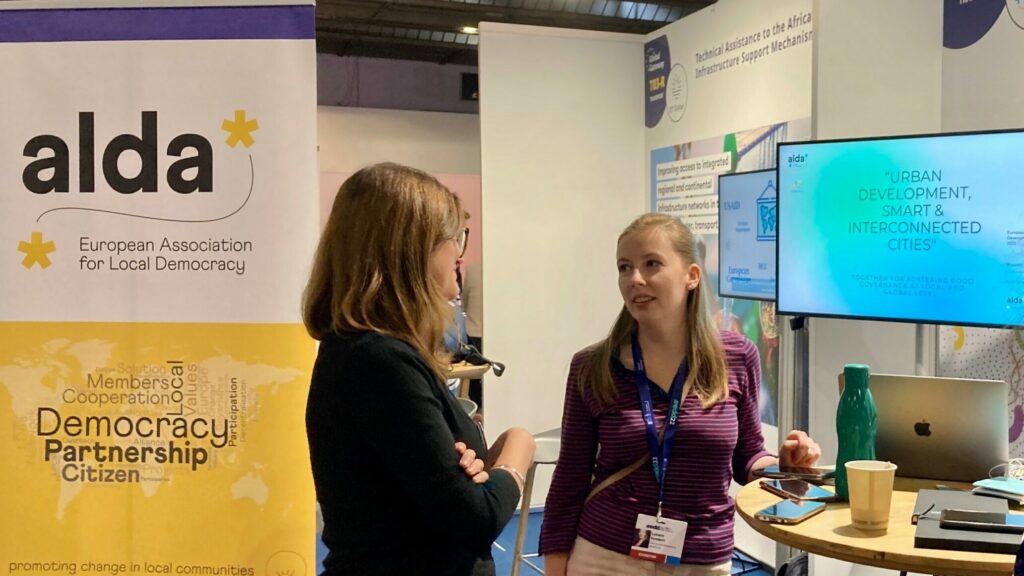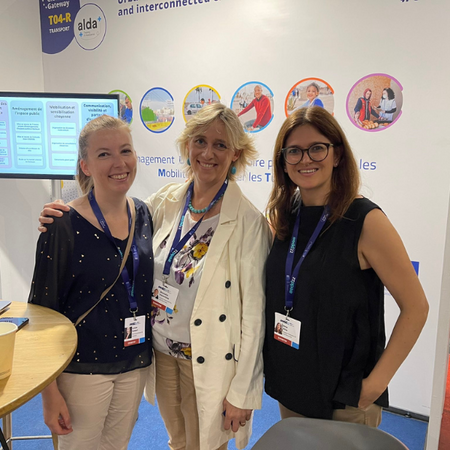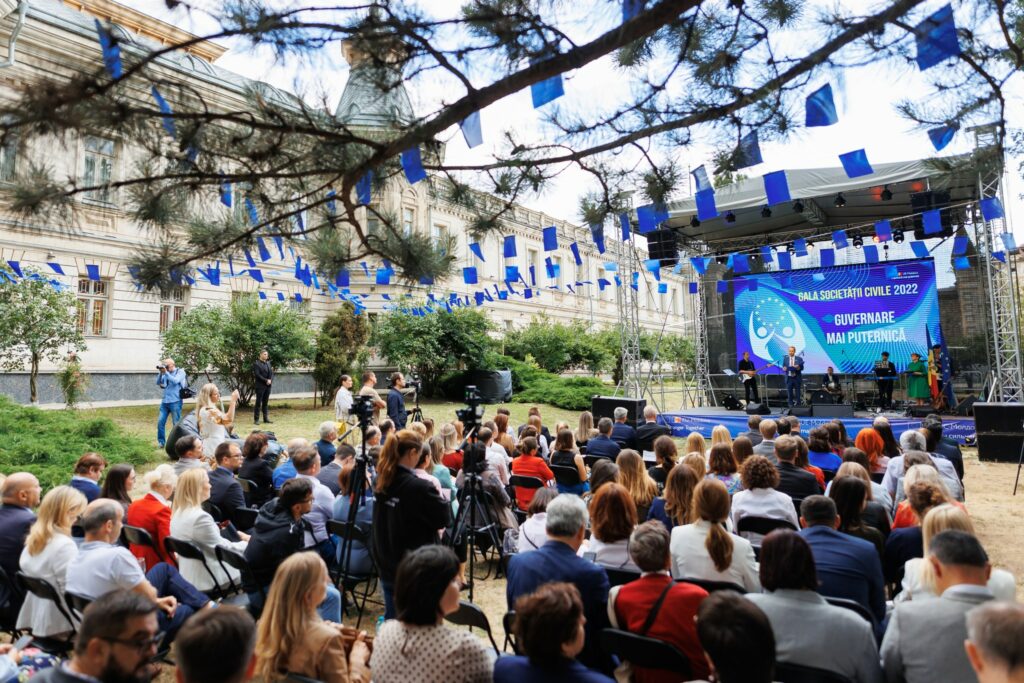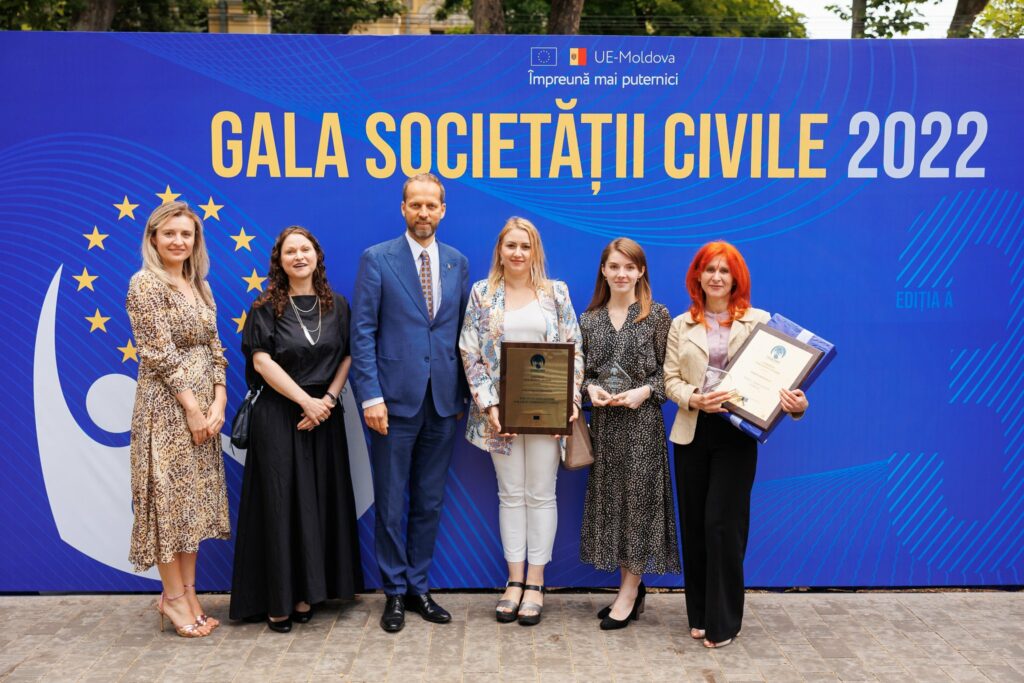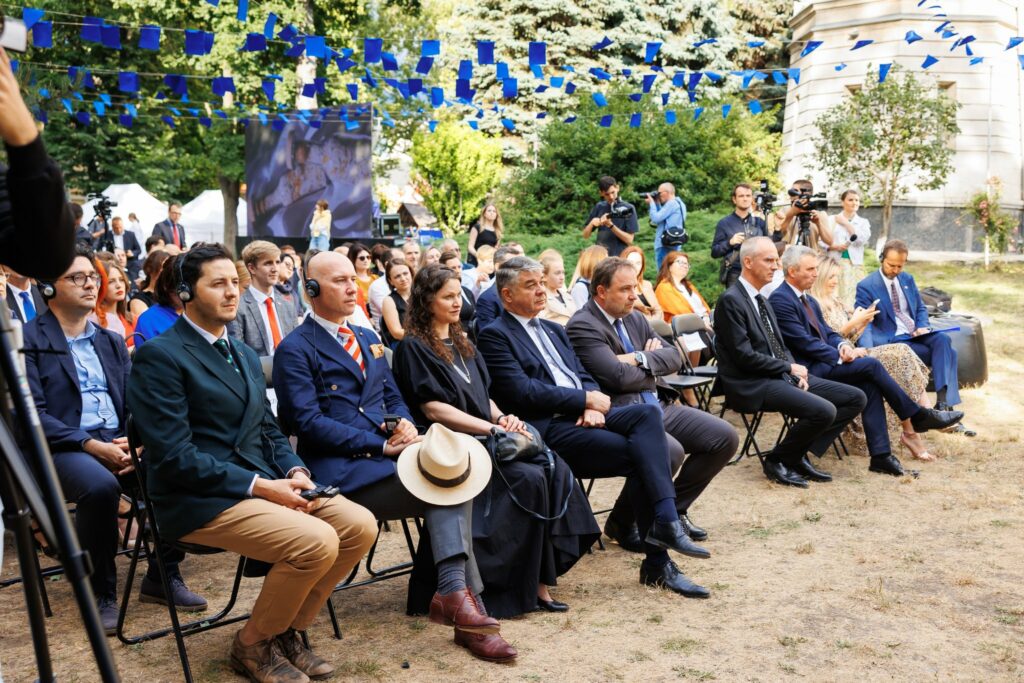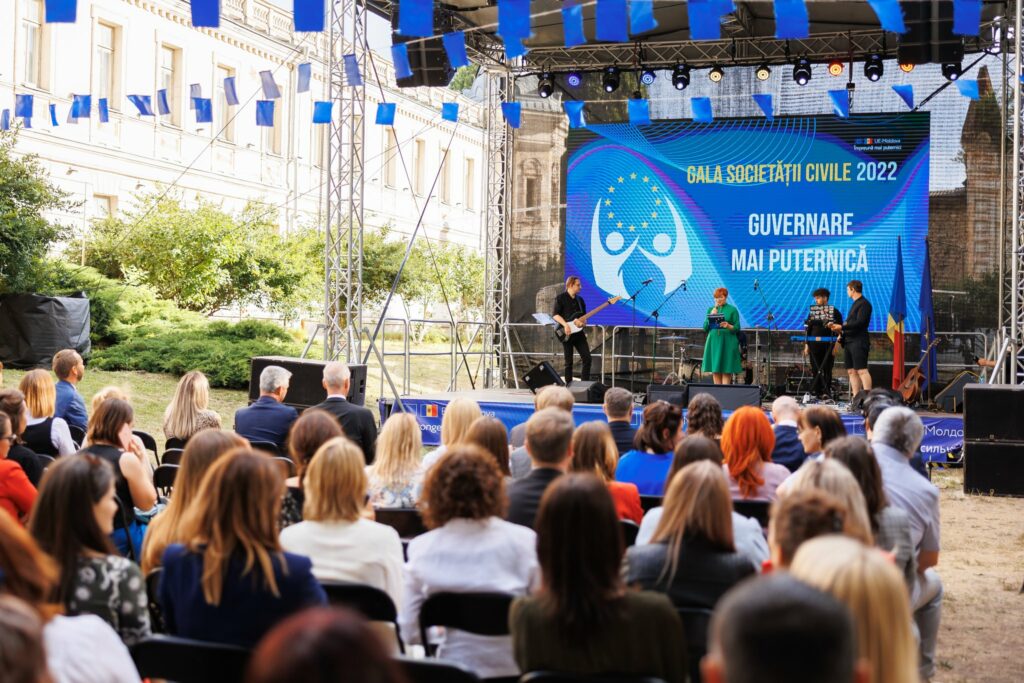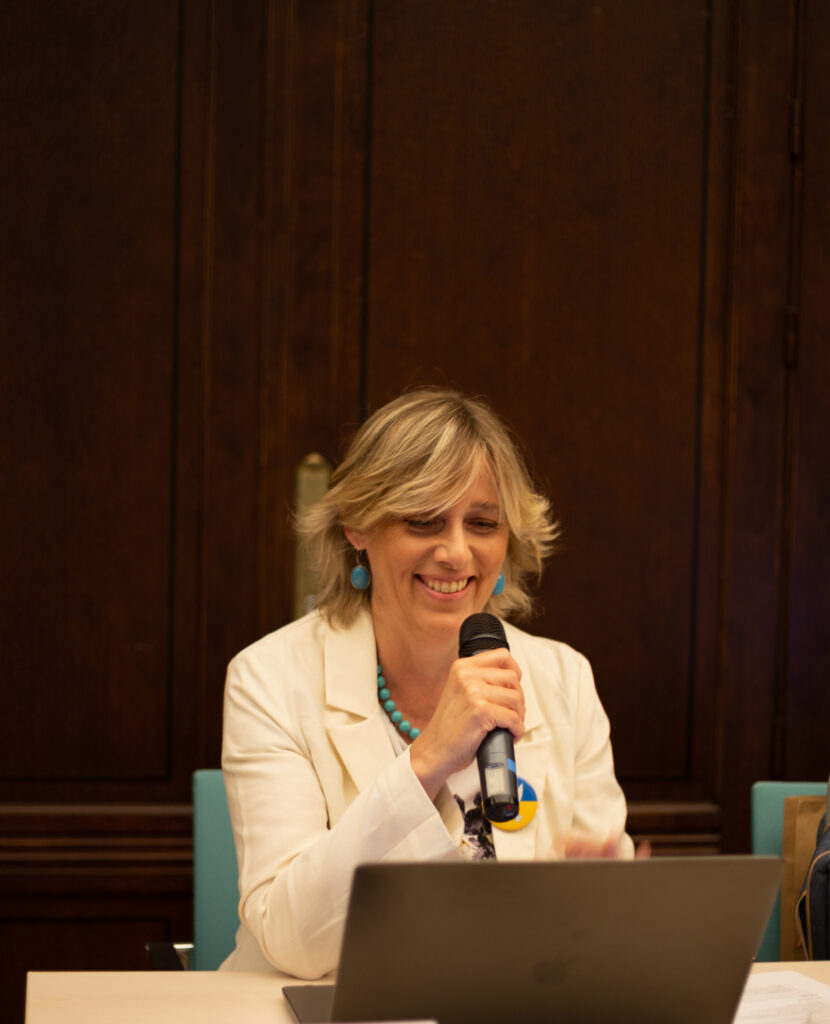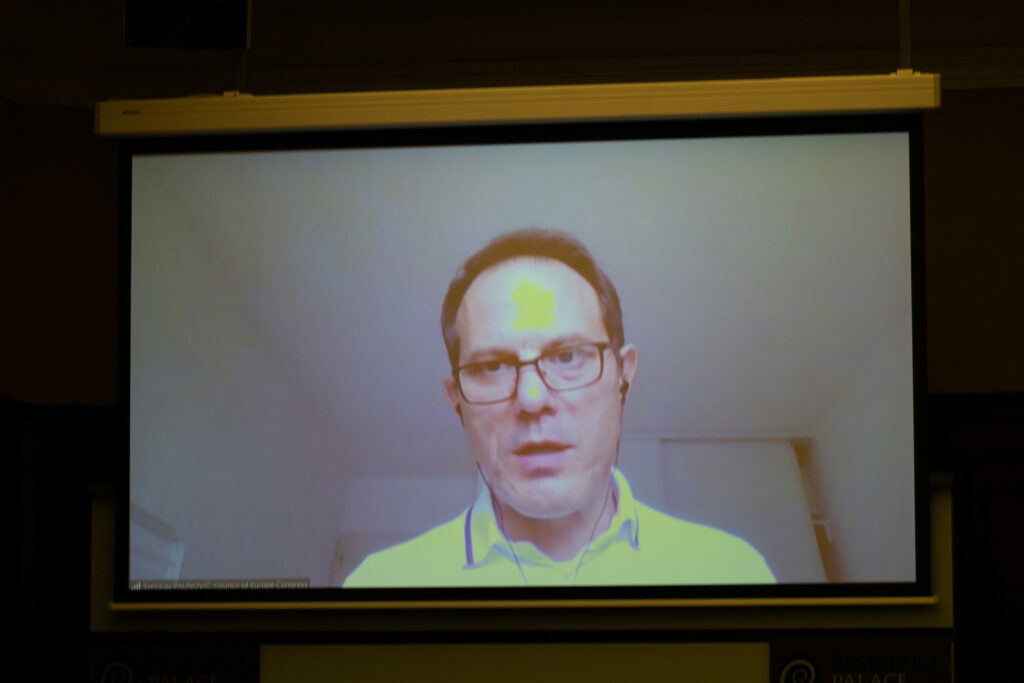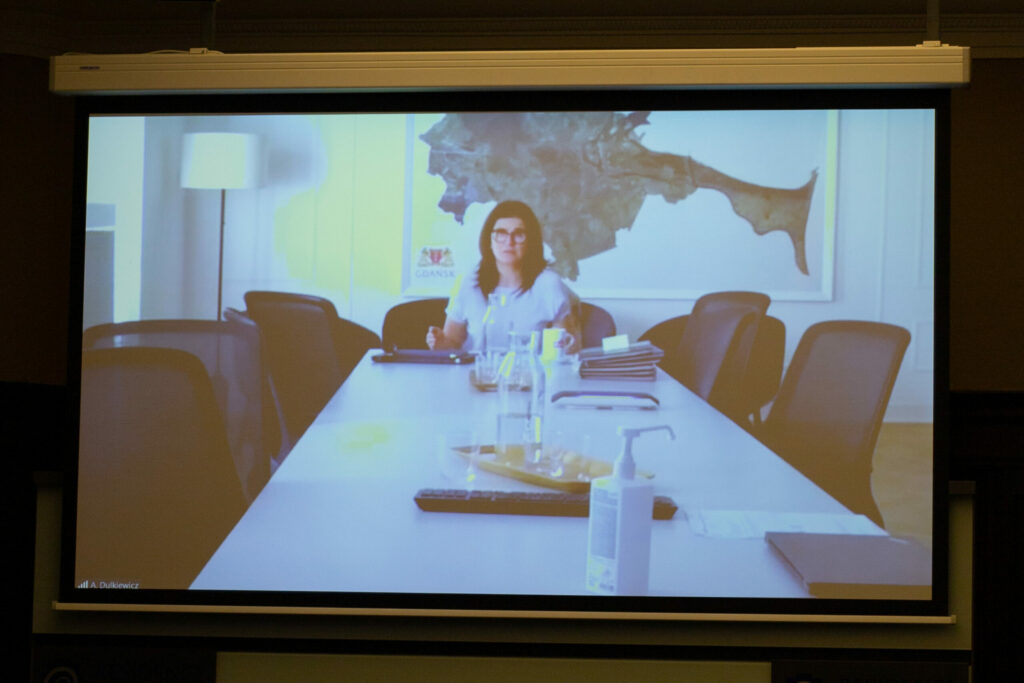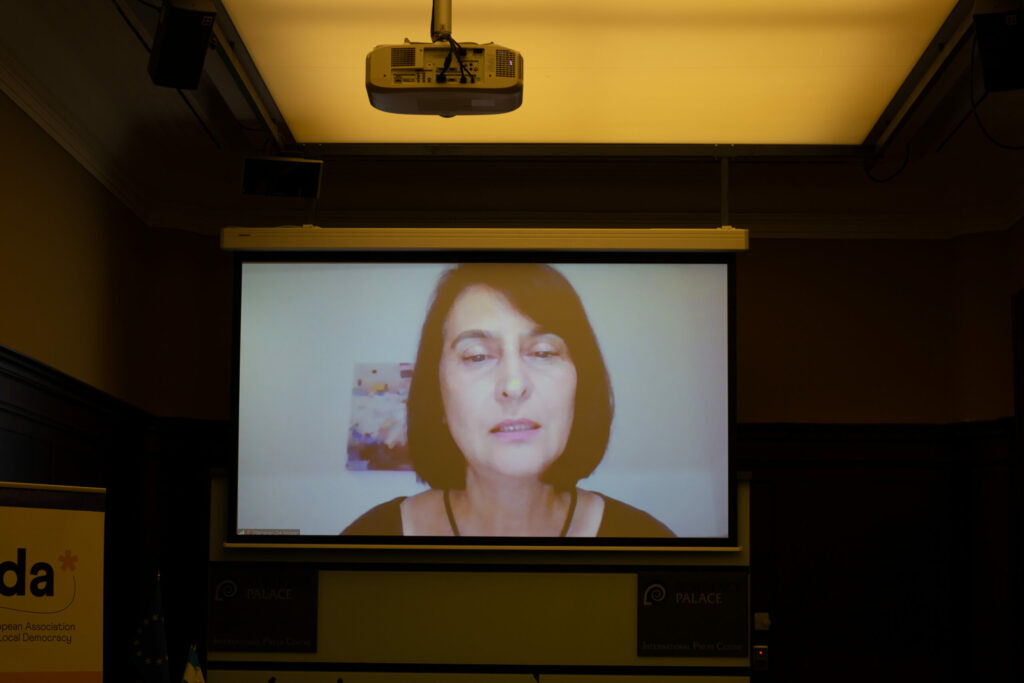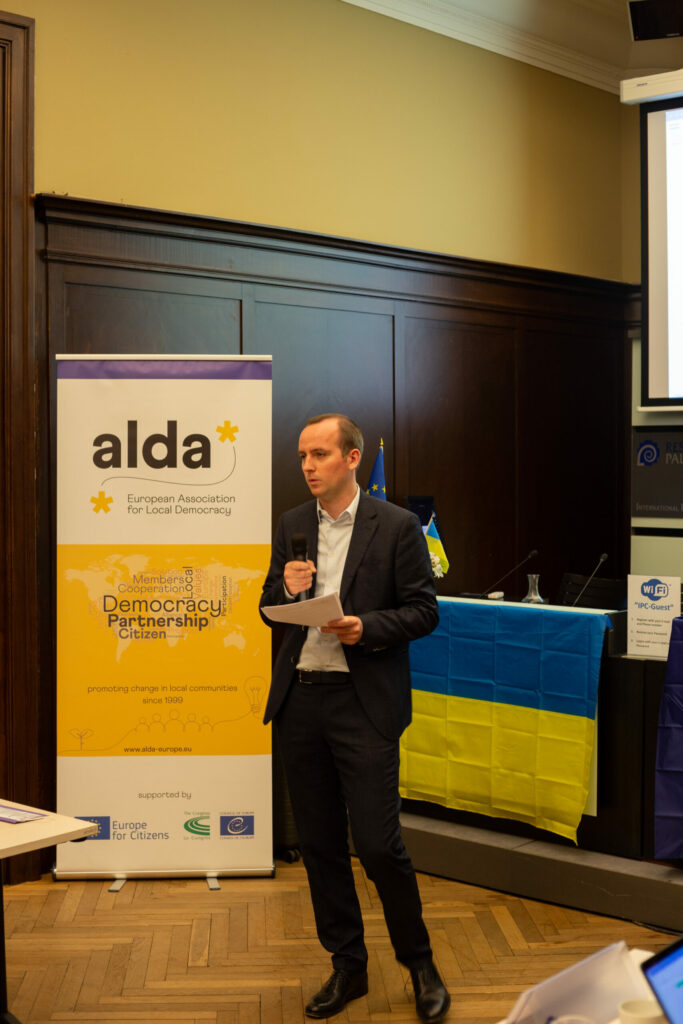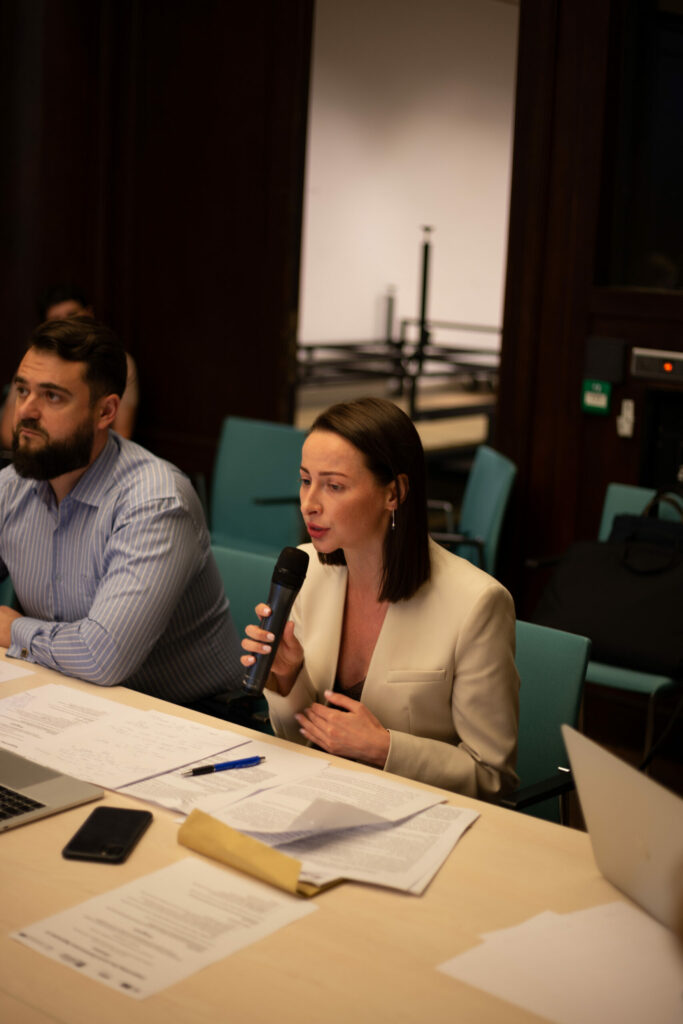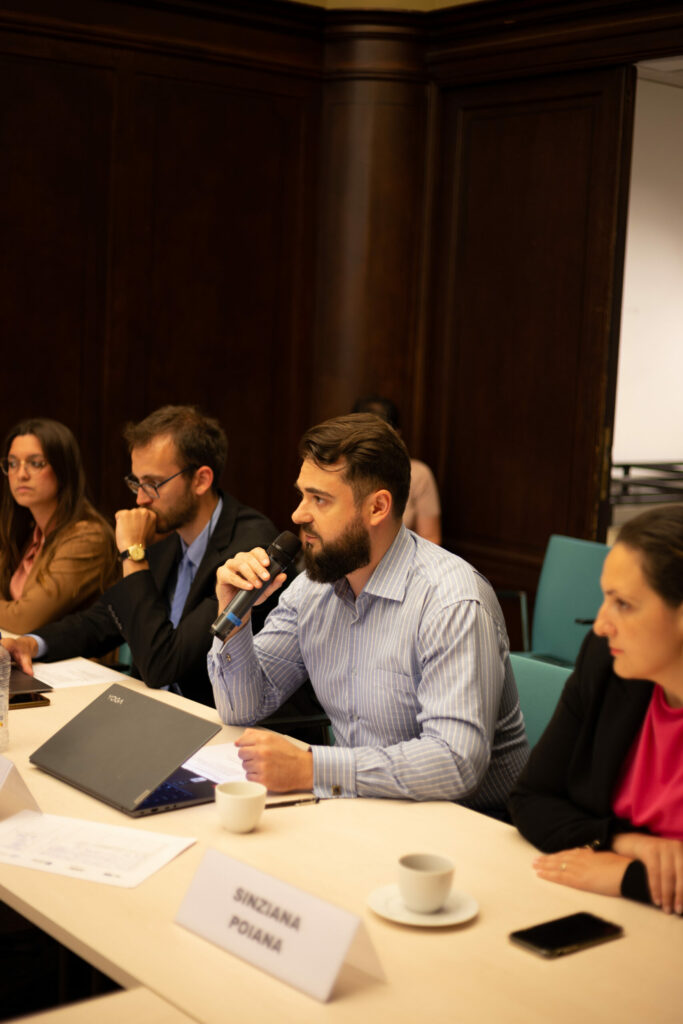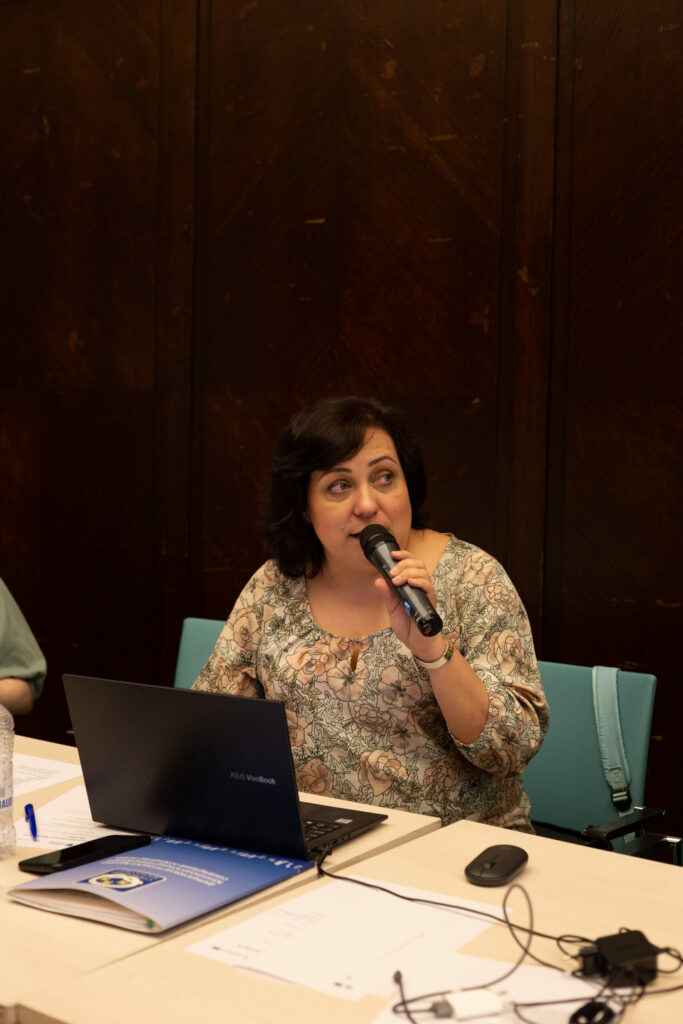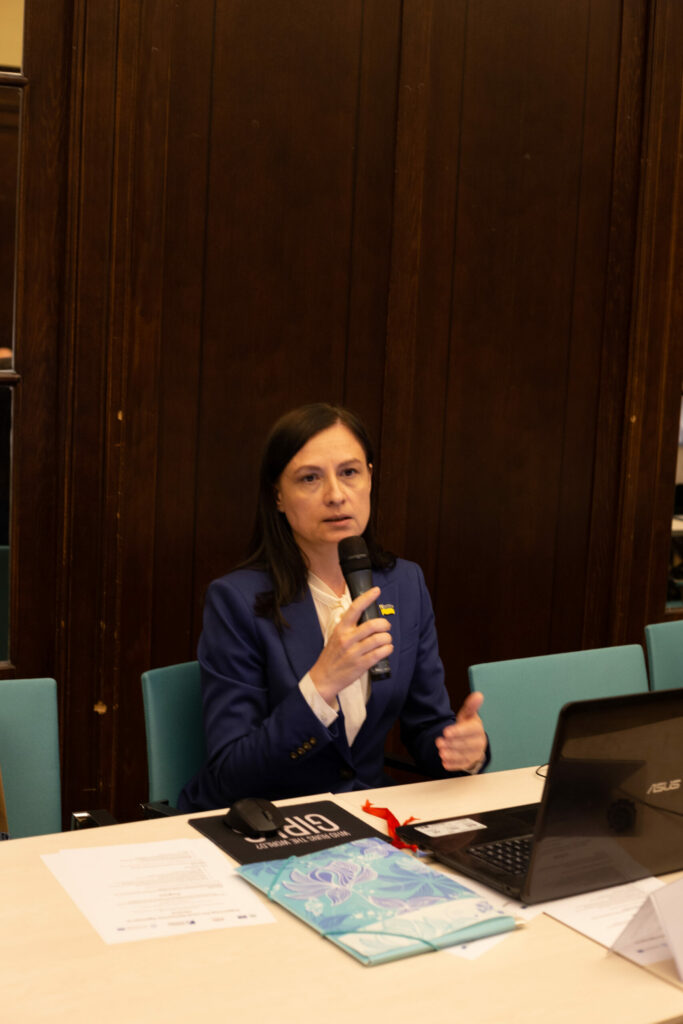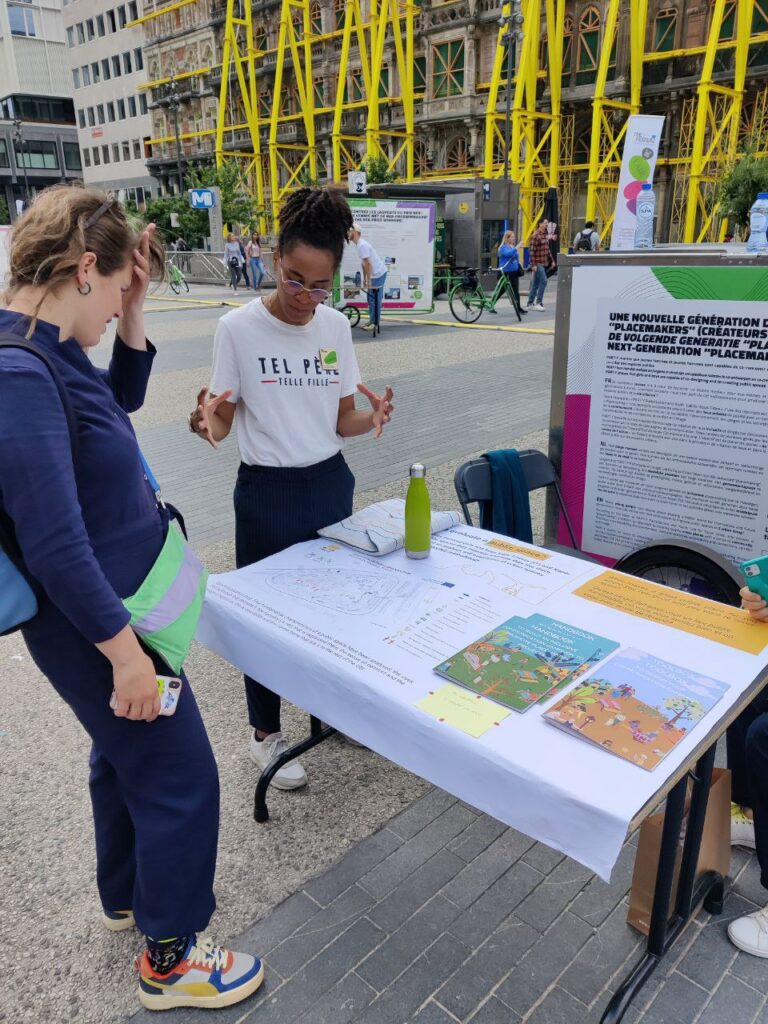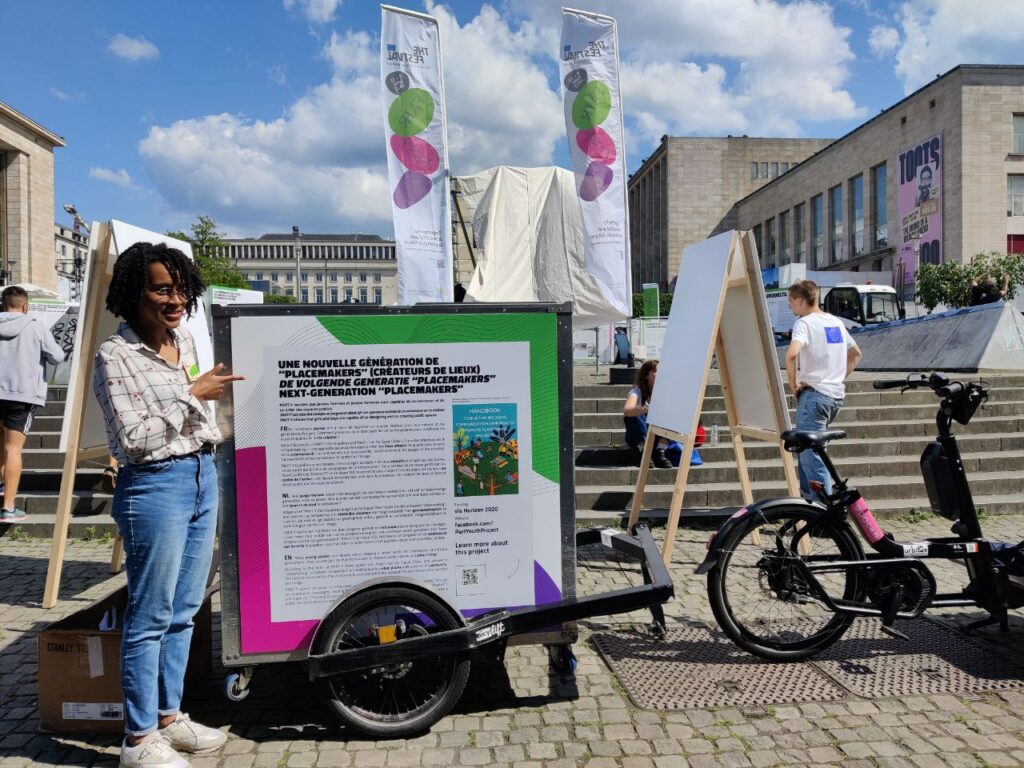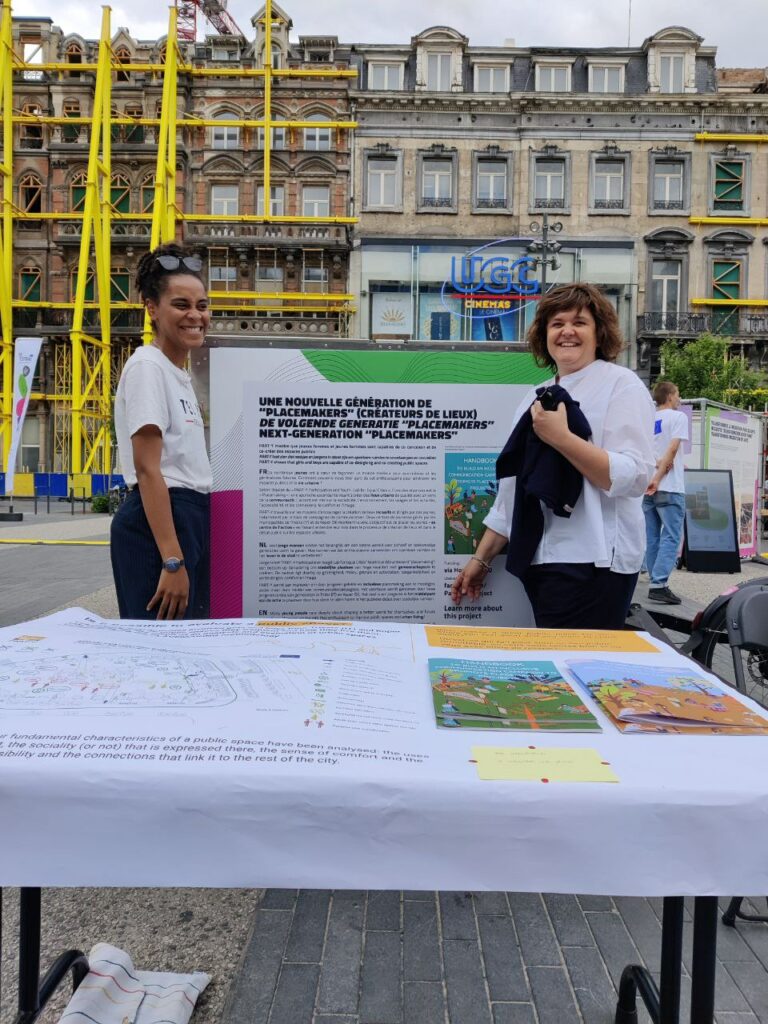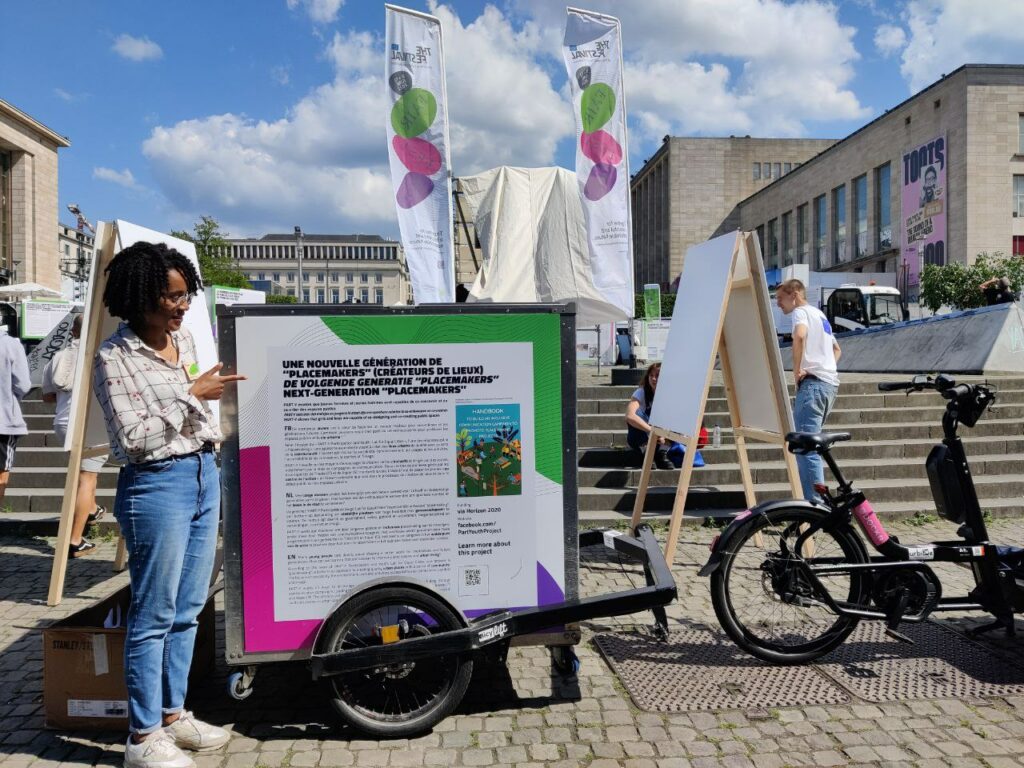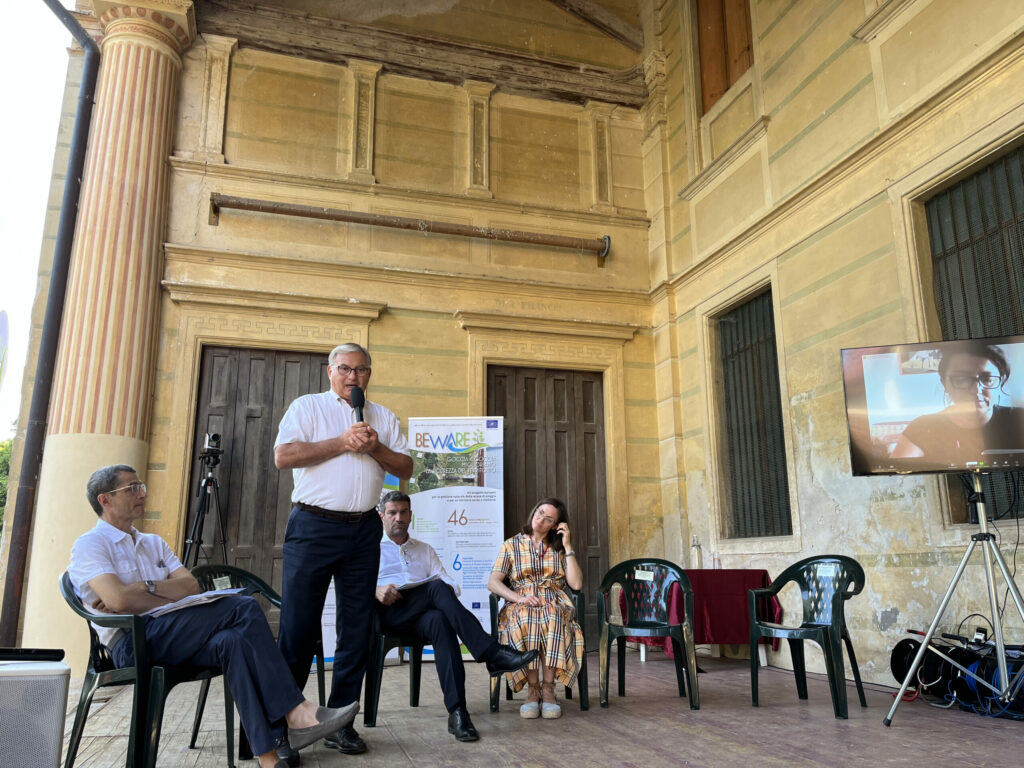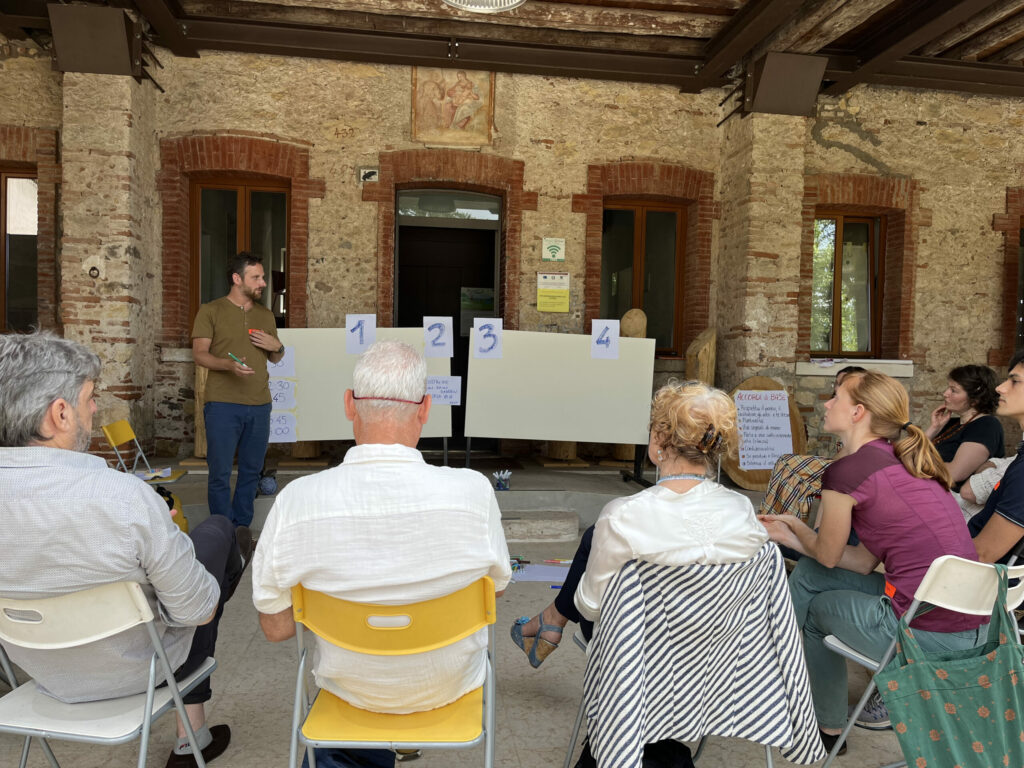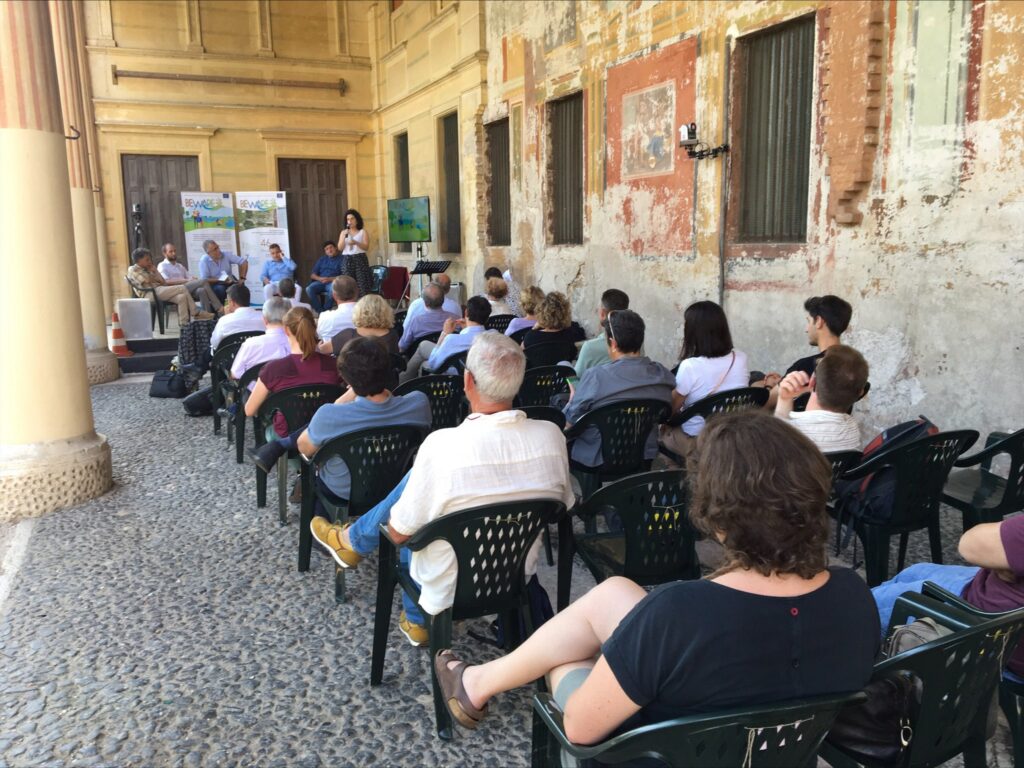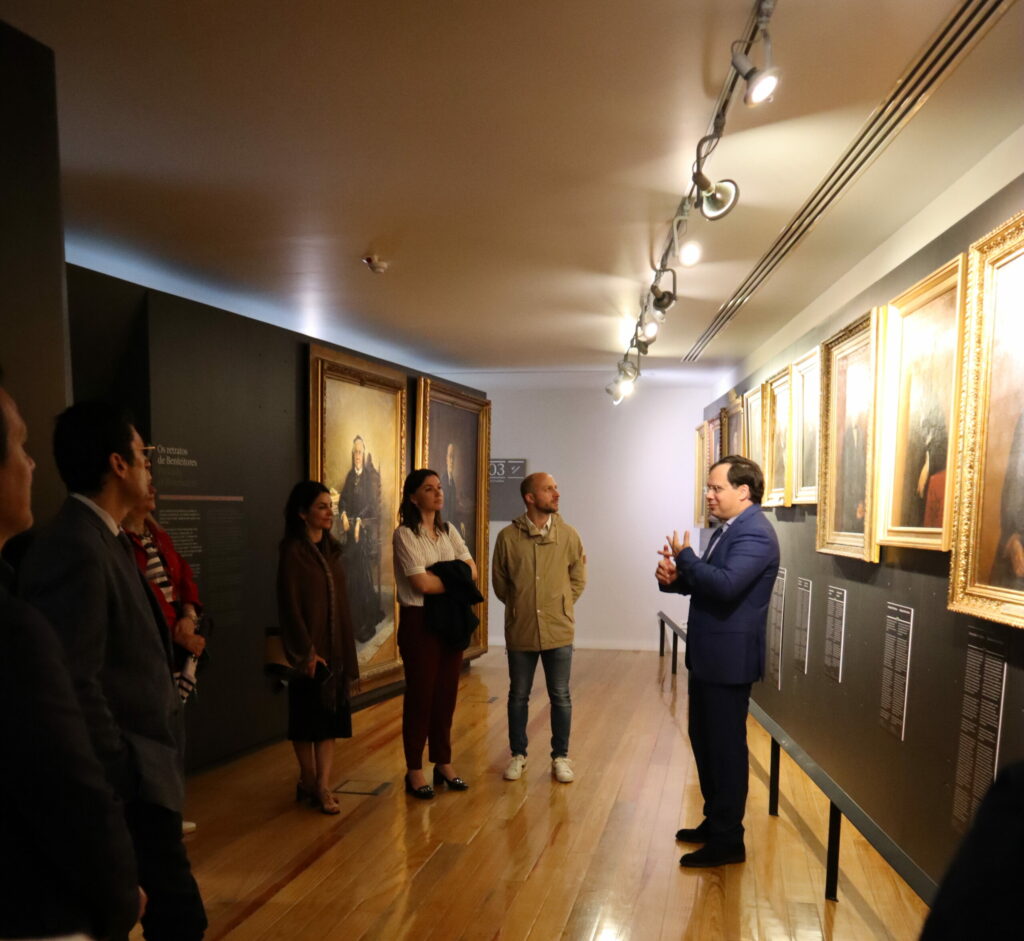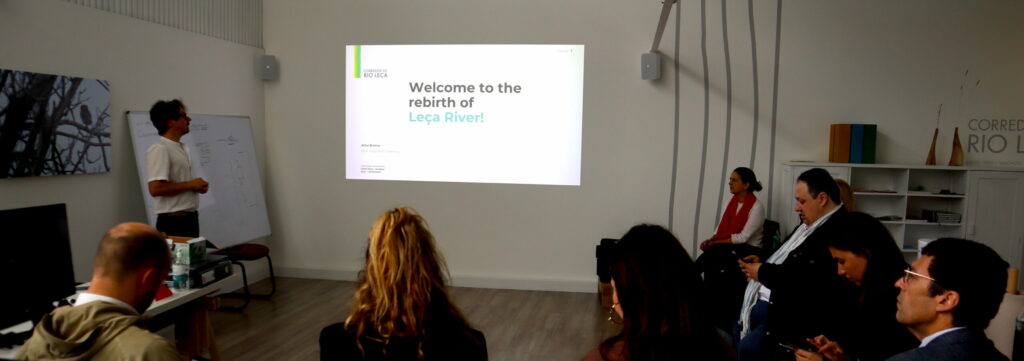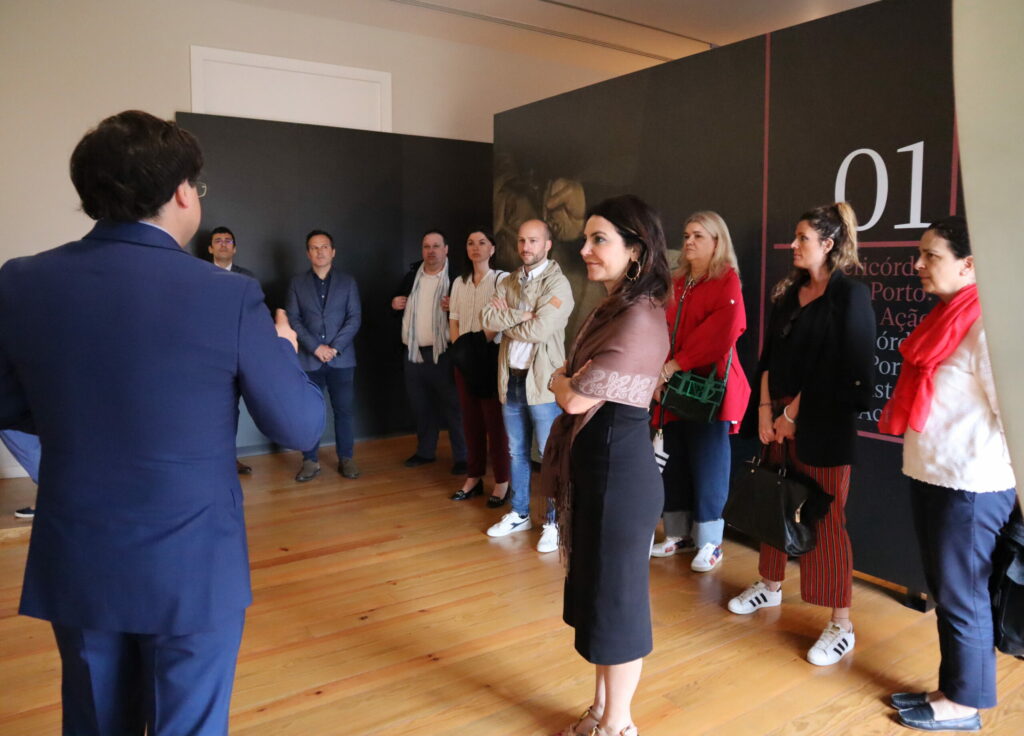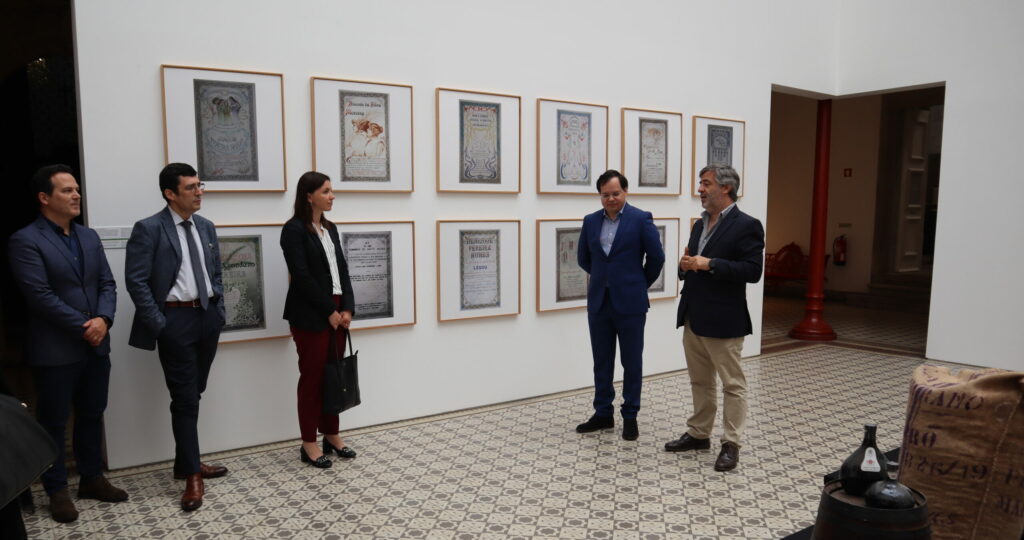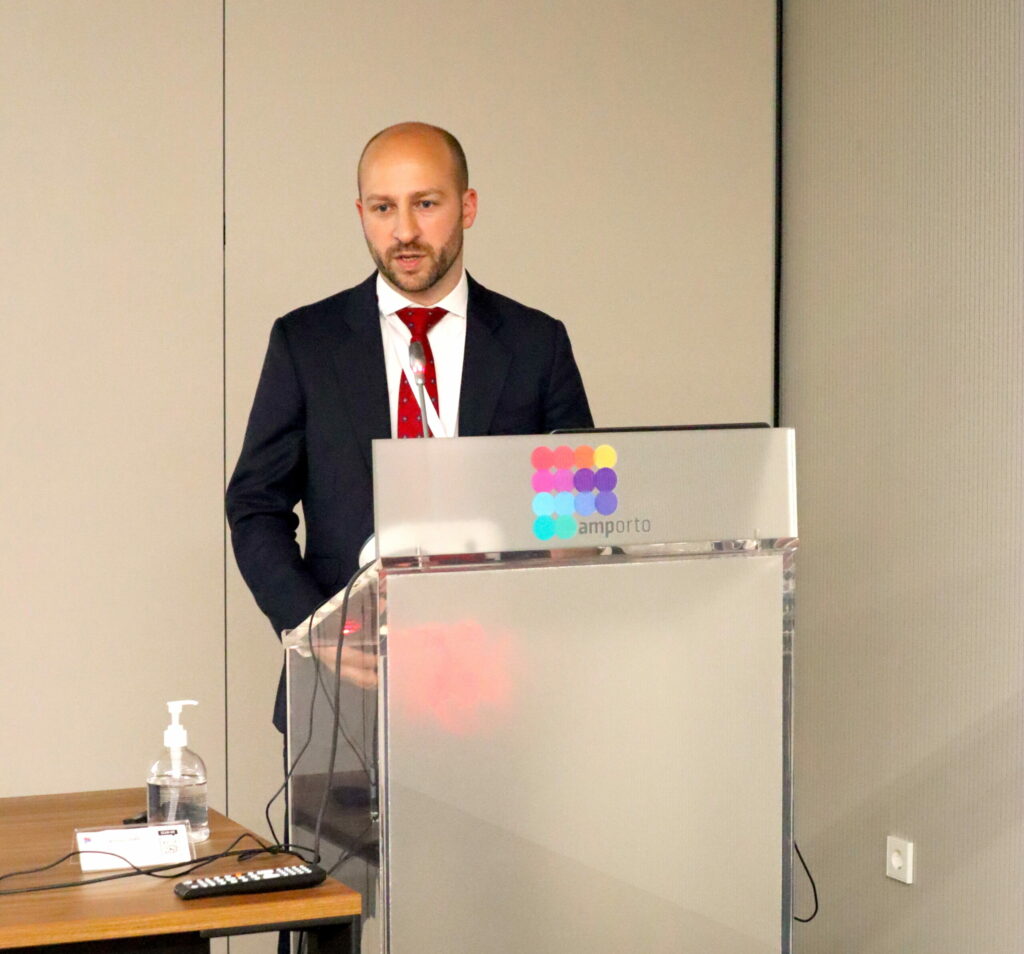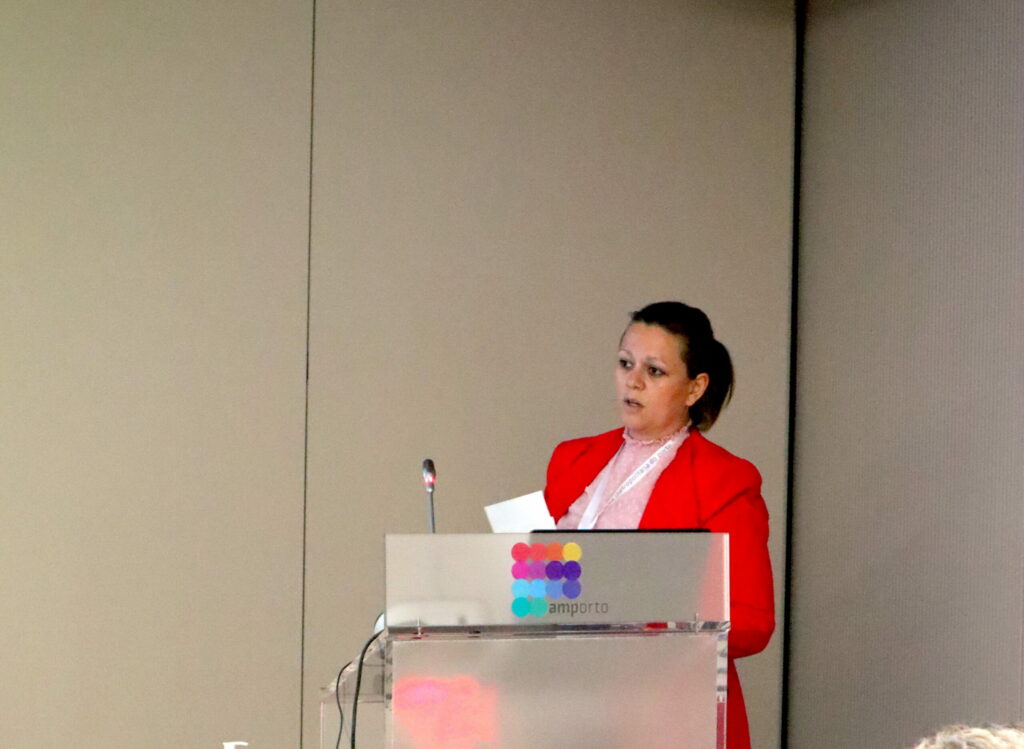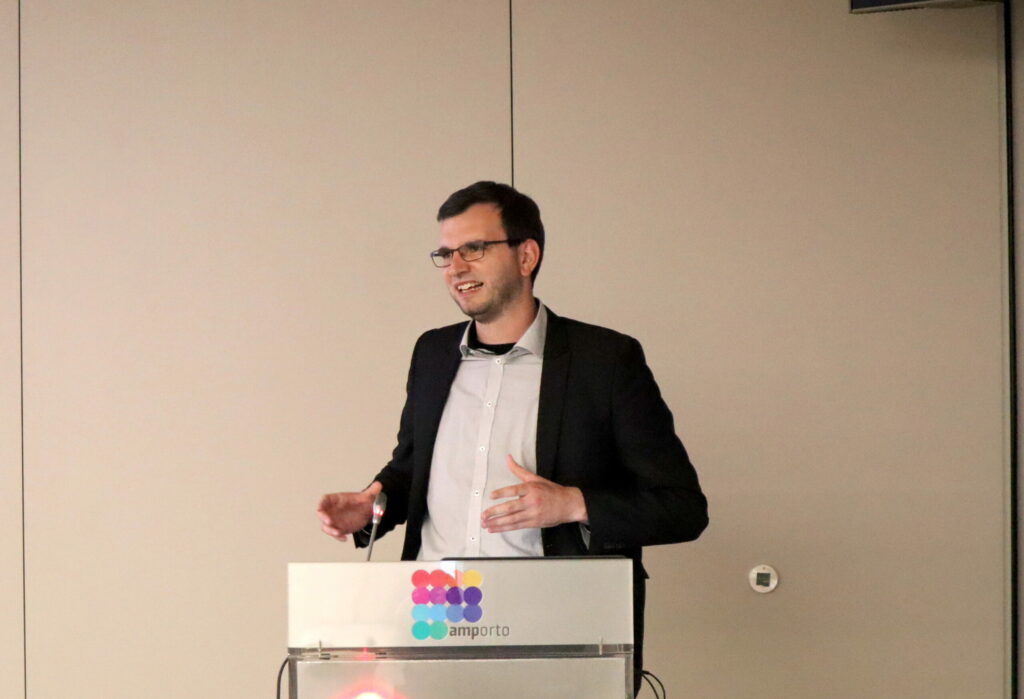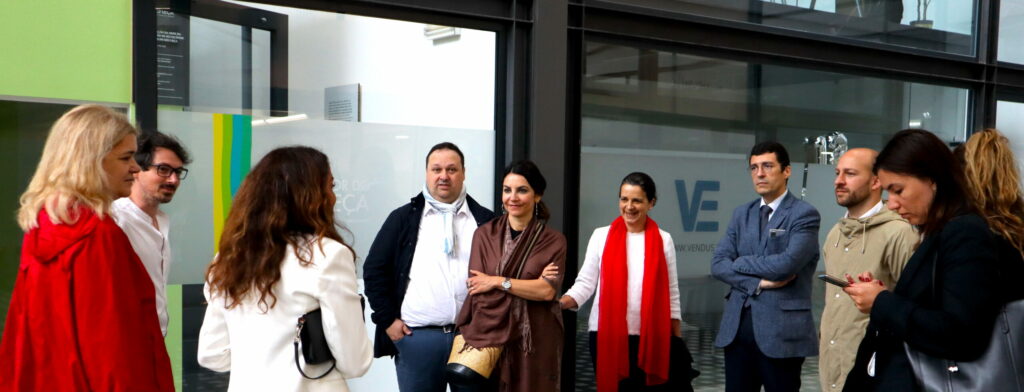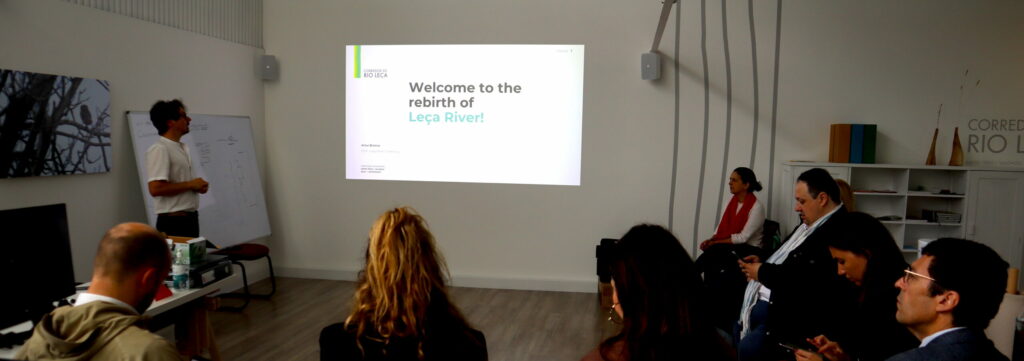On the 24th June, ALDA had the pleasure to host second ALDATalk this year, dedicated to the conclusions of the Conference on the Future of Europe, with participation and presentations from: Antonella Valmorbida, ALDA Secretary General and member of the steering committee of the the Civil Society Convention for the Conference on the Future of Europe, Alexandrina Najmowicz, Secretary General of the European Civic Forum (FCE) and co-chair of the Civil Society Convention for the Conference on the Future of Europe and Hervé Moritz, Vice-Président Le Mouvement Européen – France Alsace and Spokesperson, Union of European Federalists – France (UEF).
During the ALDATalk, ALDA Secretary General Ms. Antonella Valmorbida spoke about the involvement of ALDA in the process of the Conference, including the input into the work of the Civil Society Convention for the Conference on the Future of Europe as well as ALDA’s activities aimed at familiarizing ALDA members with the COFE structure, in particular disseminating the European values through the use of the Multilingual Platform and ad hoc training for ALDA members. She concluded her intervention by mentioning the urgent need to follow up and implement final recommendations of the Conference on the Future of Europe.
Similarly, Ms. Alexandrina Najmowicz presented the overall structure of the CoFoE, the role of the CSO Convention and her own reflections on the process. In her presentation she pointed out a worrying trend of diminishing involvement of civil society in decision-making in general. She also commented on the relatively small participation of individuals in the Conference through the online platform.
ALDATalk: all speakers agreed on the importance of monitoring the follow up to the Conference on the Future of Europe from the EU institutions
Nevertheless she also highlighted the input of the civil society to the CoFoE has been reflected in the final conclusions of the Conference and stated the civil society will continue to follow the next steps after the process.
In addition, Mr. Hervé Moritz presented the role of Le Mouvement Européen – France Alsace in the Conference, and in particular the Convention Citoyenne sur l’Europe held in Strasbourg to provide local contribution to the CoFoE. He stated that the Convention Cityonne also played a role in empowerment of the citizens and giving them a sense of impact into policy-making.
Both Ms. Najmowicz and Mr. Moritz also touched upon the impact that the outbreak of the war in Ukraine had on the process and final steps of the Conference.
Finally, within the occasion of this ALDATalk, all speakers agreed on the importance of monitoring the follow up to the Conference on the Future of Europe from the EU institutions. Speakers also highlighted the need for deeper and more meaningful involvement of the civil society and citizens in decision-making and protection of the civic space.
